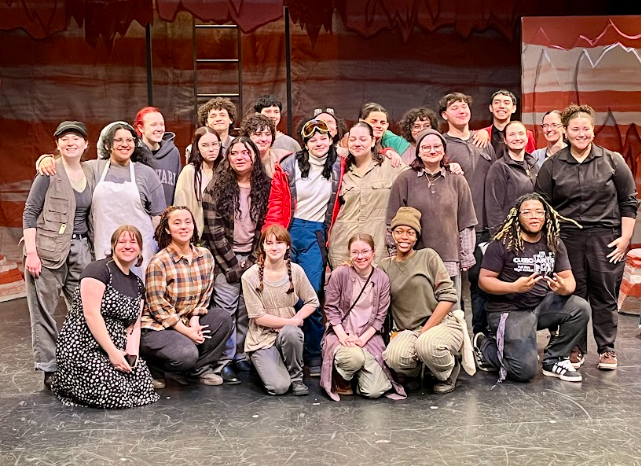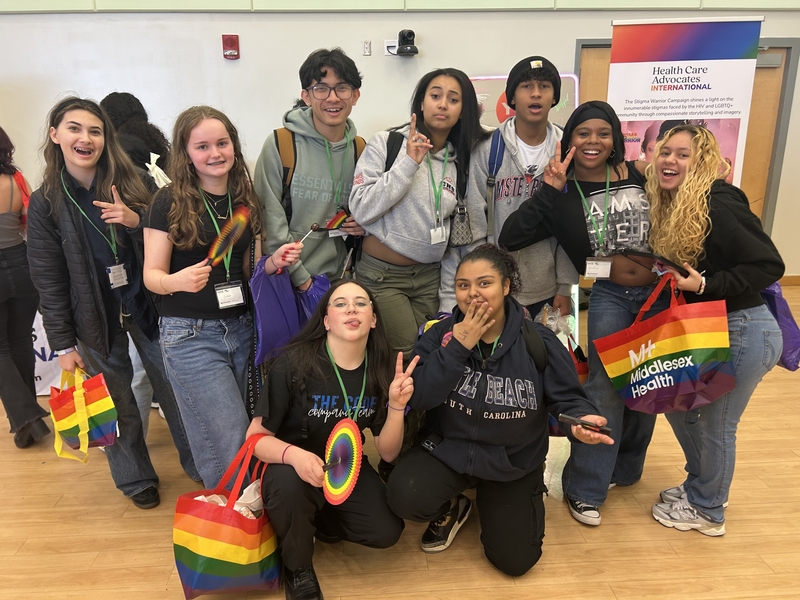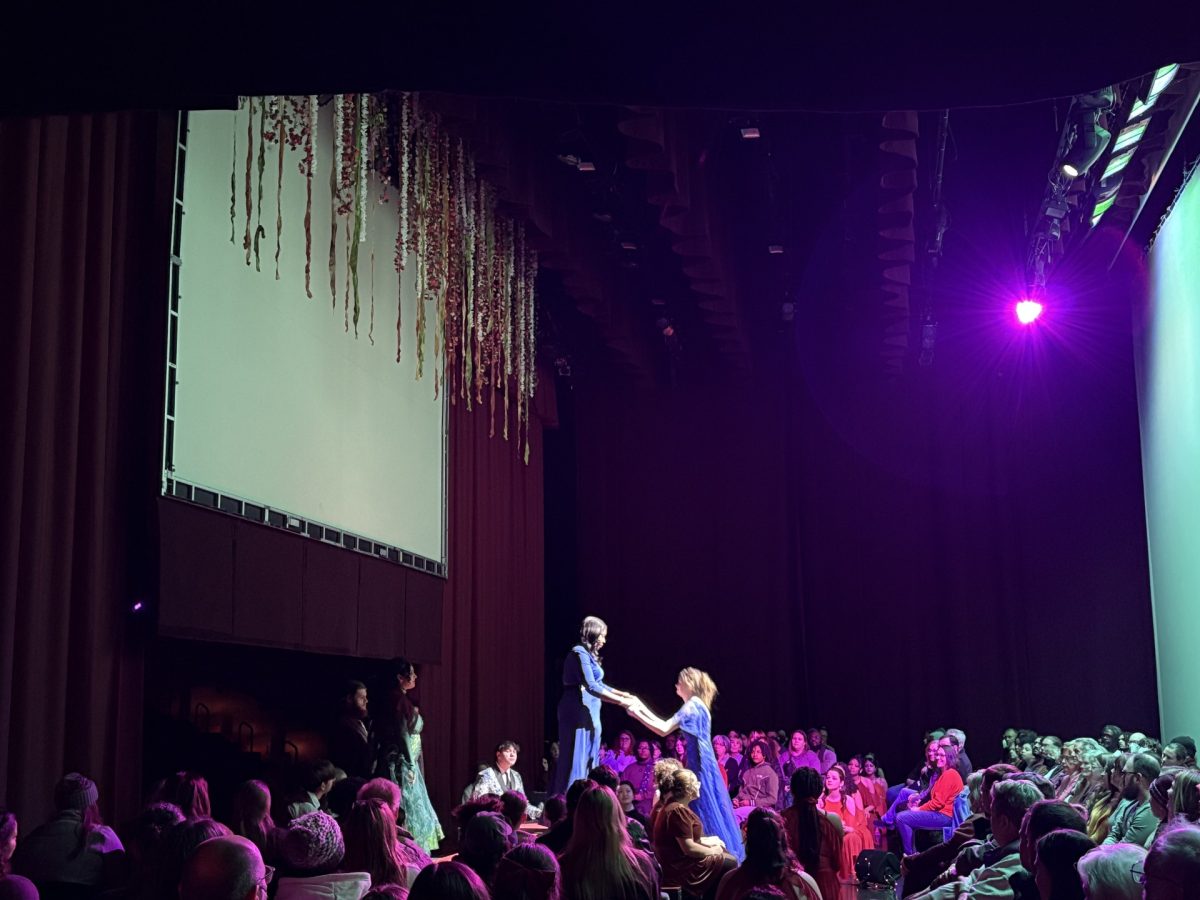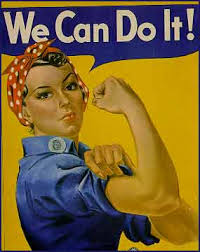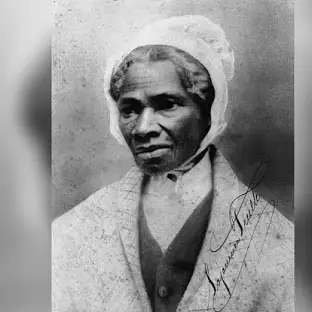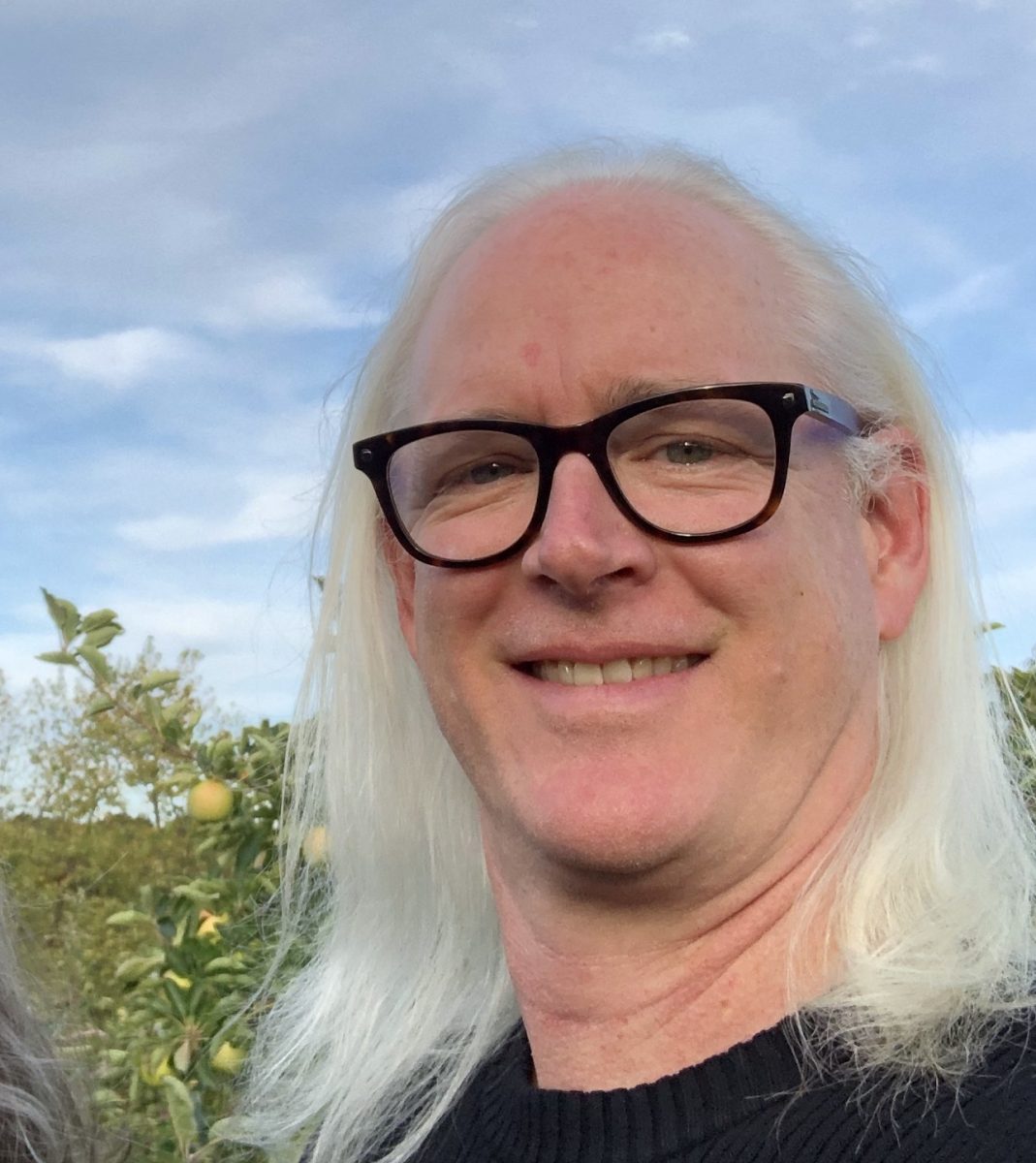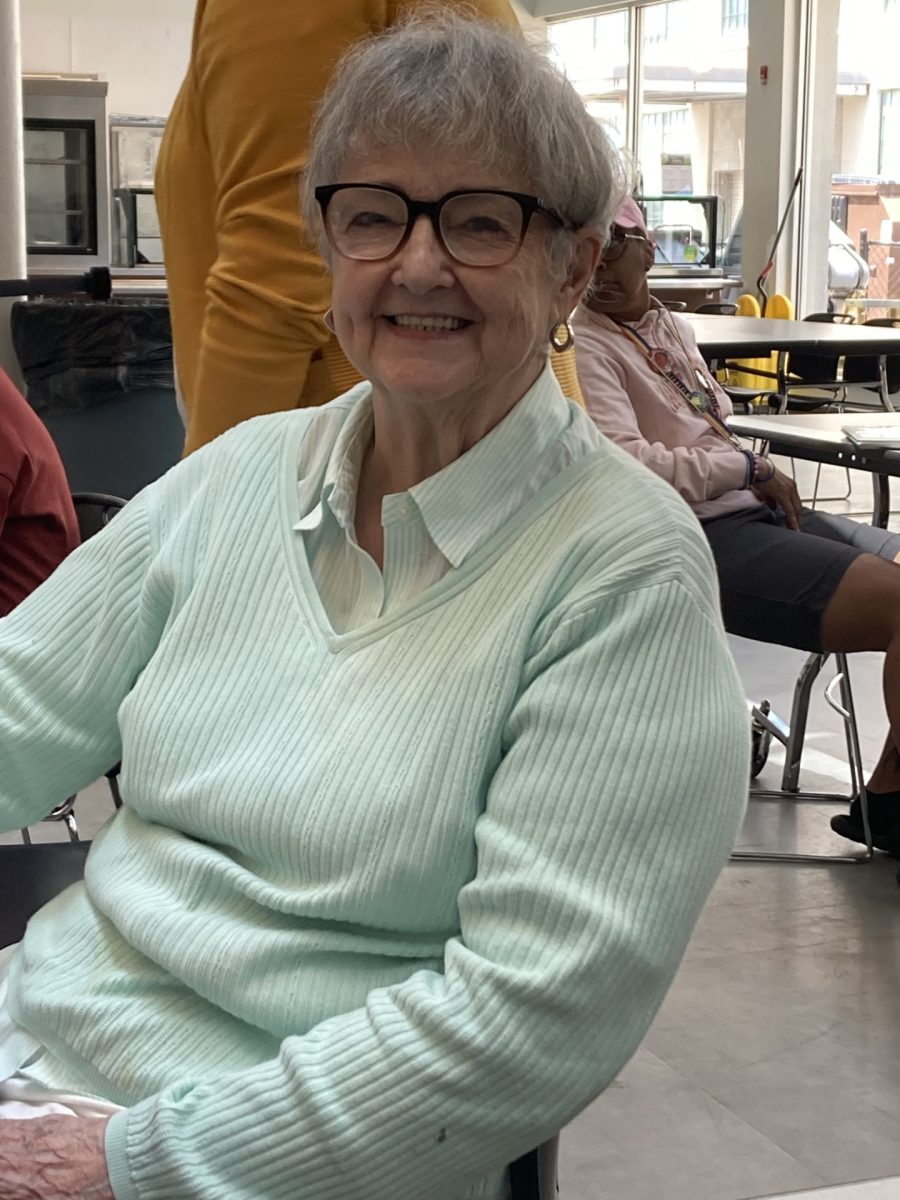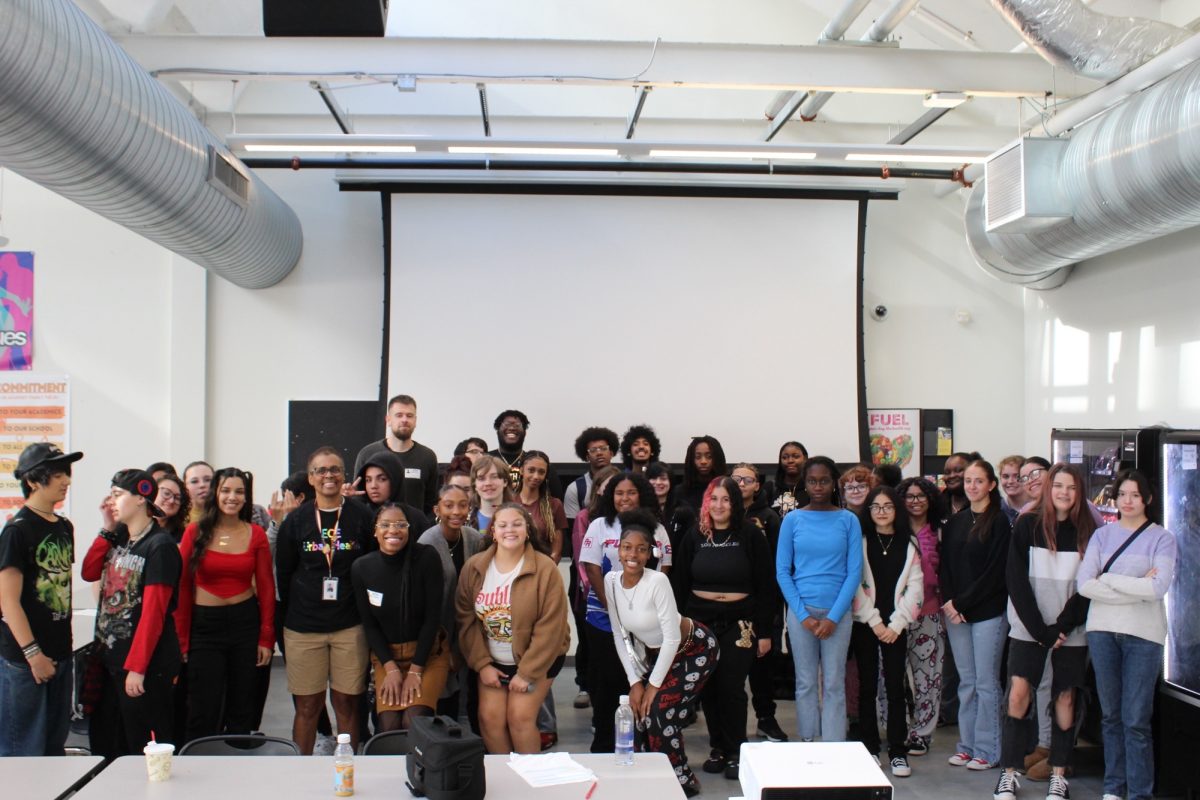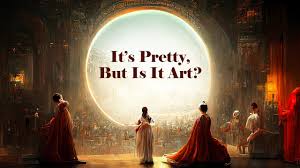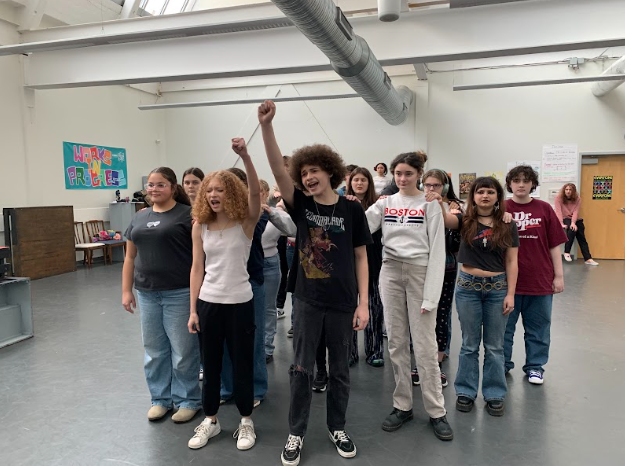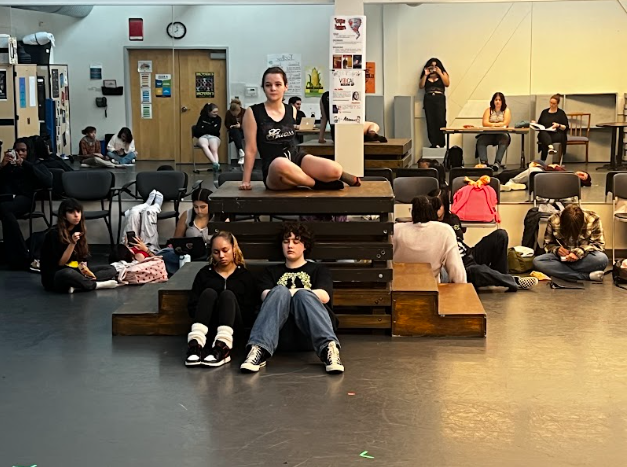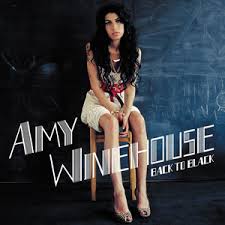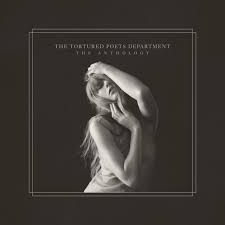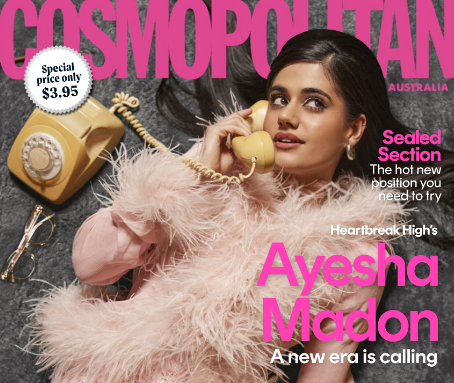In her speech, entitled Ain’t I a Woman?, the speaker, Sojourner Truth, chooses a firm tone to advocate for women’s rights. This tone helps her reach her target audience of a variety of women at a women’s conference in Akron, Ohio. These women gathered together on May 29th, 1851 to discuss making a change in how women in America should be treated; they fought for equal rights, and Sojourner Truth’s impromptu speech gave just the energy that was needed. Sojourner Truth’s claim is that all women deserve equal rights just as much as the men, if not more. Sojourner Truth uses her connection to the listeners, repetition, and a wonderful metaphor to build a persuasive argument for her audience.
One technique that makes the beginning of this argument strong is the speaker’s use of ethos to connect with her audience. Sojourner Truth says, “I have borne thirteen children, and seen most all sold off to slavery, and when I cried out with my mother’s grief, none but Jesus heard me! And ain’t I a woman?” This detail is convincing for her audience because she stood up front at a women’s convention, where the majority of the women there would have been mothers. This shared experience between Truth and her audience builds up her credibility. Truth states a heart-aching experience for any mother and reminds the audience that every woman in that room was fighting for their rights. She reminds them that at the end of the day they’re all the same, especially when it comes to their families.
Sojourner Truth uses amazing repetition with the rhetorical question, “Ain’t I a Woman?” to rebuttal any counterclaims others may have; additionally, this strategy makes her argument more persuasive. Truth writes, “That man over there says that women need to be helped into carriages, and lifted over ditches, and to have the best place everywhere. Nobody ever helps me into carriages, or over mud-puddles, or gives me any best place! And ain’t I a woman?” This is convincing for her audience because there has always been stigma around women behaving the same way as men. They must be handled with care, treated as fragile, and be kept nice and clean; they’re simply objects to be looked at, their only purpose to be beautiful. Truth knows this is what the men want: for the women to sit back row and watch as the men run things. However, if that is what the men expect from women, then shouldn’t all women be treated as such? Instead, Sojourner Truth tells of times “[she has] ploughed and planted, and gathered into barns” alongside men. She illustrates that she is just as strong as men, and therefore deserves the same rights.
One technique that makes the middle of this argument strong is the speaker’s use of metaphors. The speaker says, “If my cup won’t hold but a pint, and yours holds a quart, wouldn’t you be mean not to let me have my little half measure full?” Patriarchal beliefs stated that women were not as smart as men and couldn’t do as much for themselves; however, if that was the case, then why would you deny women equal rights? If women really lacked the intellect, then them having fair and equal rights would never be a problem or pose as a threat. Additionally, framing this detail as a rhetorical question instead of a command has the audience ponder this idea instead of feeling attacked by it.
When taken together, these appeals are effective for the speaker’s target audience because she approaches the argument from all angles. Sojourner Truth relied mostly on ethos in this speech because her audience was mainly women, a group she shared many experiences with. She used her knowledge and her amazing argumentative skills to show her humanity to the crowd. Though she had a very effective speech, she could have been a little more persuasive if she had more logos. However, Truth’s speech was great! I think the use of a quote or two from a politician or public figure would really give it an extra push. Still, this was a very effective speech; the most powerful aspect of it was the emotion it evoked every time she mentioned the struggles she had as not just a woman, but a black woman in America.
